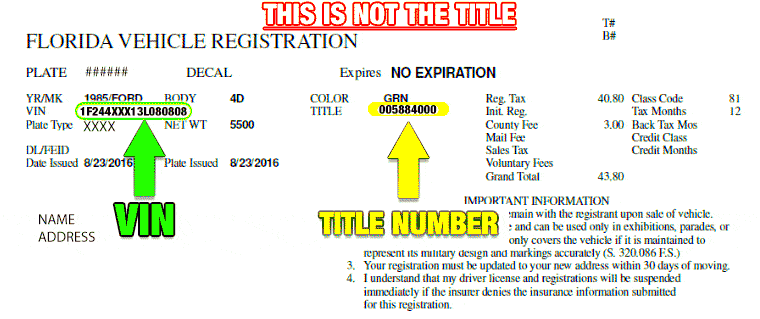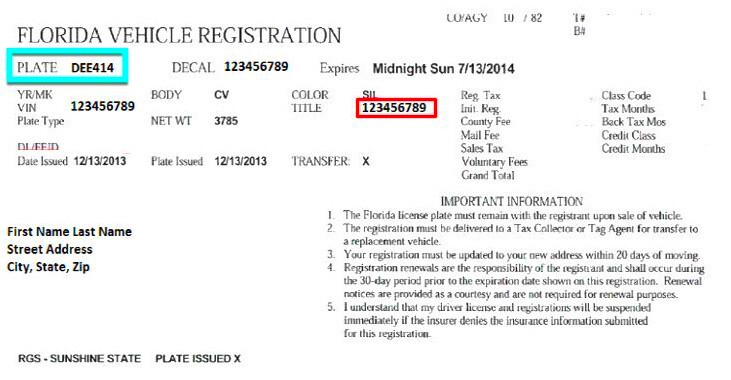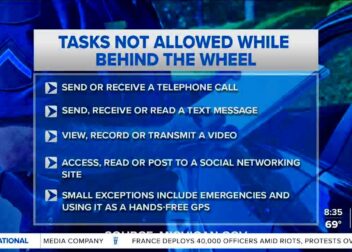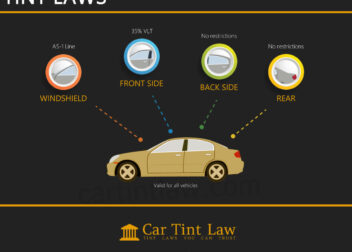Understanding Florida Vehicle Registration Laws
Vehicle registration laws in Florida make sure all the cars on the road are well-documented and also comply with state regulations. Whether you are a new resident, a old-time Floridian or just seeking to understand better how it works; it is fundamental to know the nuts and bolts of vehicle registration. This article will walk you through what you need to know about vehicle registration in Florida including requirements, process steps, addressing common problems thus giving you an easy time while owning a vehicle in this state.
Overview of Vehicle Registration Requirements in Florida

There are some specified requirements that must necessarily be met prior to registering your car in Florida. In summary, here they are:
- Proof of Identity: You must provide a valid Florida driver’s license or ID card.
- Proof of Ownership: This can be a title, bill of sale, or manufacturer’s certificate of origin.
- Insurance Requirements: Florida law mandates that all vehicles have at least $10,000 in personal injury protection (PIP) insurance.
- Payment of Fees: Be prepared to pay registration fees, which vary based on the vehicle type and weight.
Other than that, when purchasing a vehicle from another state, you must send an accomplished Florida title and registration application.
Understanding the Vehicle Registration Process
The process of registering a car in the state of Florida can be a bit daunting at first, but it’s not as bad as it seems if broken down into simple terms. Here is a typical outline:
- Gather Required Documents: Collect all necessary documents, including your ID, proof of ownership, and insurance details.
- Complete the Application: Fill out the Florida Vehicle Registration Application, which is available online or at your local tax collector’s office.
- Visit the Local Tax Collector’s Office: Submit your application and documents in person. Some counties offer online registration options as well.
- Pay the Fees: Be ready to pay your registration fees at the time of application.
- Receive Your Registration: Once processed, you’ll receive your registration certificate and license plate. Ensure to keep these documents in your vehicle.
This step ought to be taken immediately let alone others just moving there. And this is because compiling papers together and making a formal application for becoming a resident takes time.
Exploring Fees Associated with Vehicle Registration
Every vehicle owner should know that prevailing rates regarding their cars abroad are important. Various factors may influence these charges such as; different types of cars, weight and whether it is an old or new car. Below are some typical fees one may face:
| Type of Vehicle | Registration Fee | Additional Fees |
|---|---|---|
| Passenger Vehicle | $28.75 – $46.50 | Specialty plates may incur additional fees. |
| Motorcycle | $27.60 | May include a $2.50 fee for a motorcycle safety course. |
| Commercial Vehicle | $45.50 – $180.00 | Fees vary based on weight and use. |
Besides registration fees, other costs may also accrue.
- Title Fee: Approximately $77.25 for a standard title.
- License Plate Fee: New plates may cost an extra $28.
- Late Fees: If you don’t renew on time, late fees can range from $10 to $250 depending on how late you are.
As these fees are subject to variation over time, it is important to always verify with your local tax collector’s office for the most up-to-date fee information.
Discussing Special Cases for Vehicle Registration
In Florida, there exist several peculiarities regarding car registration that one may be ignorant of. Generally, these may require some more procedures or paperwork. Here are a few examples:
- New Residents: If you’re moving to Florida, you’ll need to register your out-of-state vehicle within 30 days. Bring your out-of-state title, proof of insurance, and a completed application.
- Vehicles Not in Your Name: If you’re registering a vehicle that’s not in your name, you’ll need a notarized statement from the owner giving you permission to register it.
- Custom or Modified Vehicles: For custom vehicles, you may need to provide additional documentation to prove that the vehicle meets state standards.
- Specialty Plates: If you want a specialty license plate, be prepared to pay an extra fee and possibly fill out a specific application.
Since there could be specific needs in these situations, it is wise contacting the office of the tax collector where you belong for personalized help concerning your case.
Renewing Your Vehicle Registration in Florida
Though renewing your auto registration in Florida is an easy task, it is wise to do so promptly so that late fees can be avoided. Therefore, below are the steps to take:
- Check Your Renewal Notice: A few weeks before your registration expires, you’ll receive a renewal notice by mail. This notice will include important details about your registration and fees.
- Gather Necessary Documents: You’ll need your current registration, proof of insurance, and any updated personal information if applicable.
- Choose Your Renewal Method: You can renew your registration in several ways:
- Online: Visit the Florida Department of Highway Safety and Motor Vehicles (DHSMV) website to renew online.
- By Mail: Send your renewal notice and payment to the address provided on the notice.
- In Person: Visit your local tax collector’s office to renew in person.
- Pay the Fees: Be prepared to pay your renewal fees, which are similar to the initial registration fees.
- Receive Your New Registration: After processing, you’ll receive your updated registration certificate and sticker to place on your license plate.
Organizationally, it is important that all registrations get renewed prior the lapsing time so as to prevent penalties and a good way to achieve this is by keeping a calendar reminder too.
Common Issues and Solutions in Vehicle Registration
Here’s some info for those who might want to register a car in Florida; it may seem easy but problems could crop up every now and then. If only you knew what these issues were and how to fix them yourself then your life would be less miserable. Typical challenges include:
- Missing Documentation: One of the most frequent issues is not having the required documents. Always check your local tax collector’s website for a checklist of necessary paperwork before heading to the office.
- Errors in Information: Sometimes, mistakes happen during the application process, whether it’s a typo in your name or incorrect vehicle details. If you notice an error, contact your local office immediately to rectify it.
- Delayed Processing Times: During peak registration seasons, such as the beginning of the year, processing times may increase. To avoid delays, try to register during off-peak times.
- Expired Registrations: If you let your registration expire, you may face late fees or penalties. To resolve this, visit your local tax collector’s office to renew as soon as possible and be prepared to pay any fines.
One way of ensuring that the registration process goes smoothly is to anticipate these problems and take steps beforehand.
Frequently Asked Questions about Florida Vehicle Registration Laws
In case you are a newcomer to vehicle registration in Florida or if you require some explanations, please find below some frequently asked questions that may assist:
- What do I need to register my vehicle in Florida? You’ll need proof of identity, proof of ownership, proof of insurance, and payment for any fees.
- Can I register my vehicle online? Yes, many counties offer online registration services. Check the Florida DHSMV website for more information.
- How often do I need to renew my registration? Vehicle registration in Florida is typically renewed annually.
- What happens if I miss the registration deadline? If you miss the deadline, you may incur late fees and potentially face penalties.
- Can I transfer my out-of-state registration to Florida? Yes, but you will need to apply for a Florida title and registration within 30 days of moving to the state.
If you’re looking for some answers to your burning questions around machine registration in Florida, these FAQs are there to help.
Conclusion on Florida Vehicle Registration Laws
The necessity of understanding vehicle registration laws in Florida as far as motor vehicle owners are concerned. For one, knowing what is needed for registration and being aware of the potential troubles can actually save one time and money. For this reason keep all your documents in order, always be on the lookout for when you should renew and don’t hesitate to go to your local tax collector’s office whenever you need help about anything related to taxation. Thus by adhering precisely to the issues raised above it becomes possible to follow motor vehicle registration procedures in an easy manner and with confidence hence avoiding any inconveniences associated with breaking such laws in Florida.


